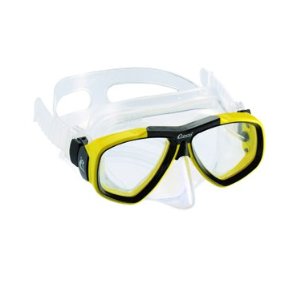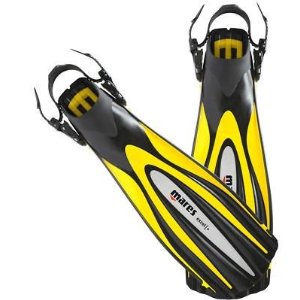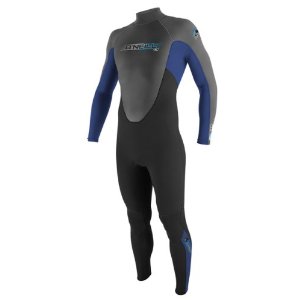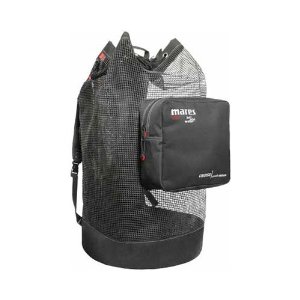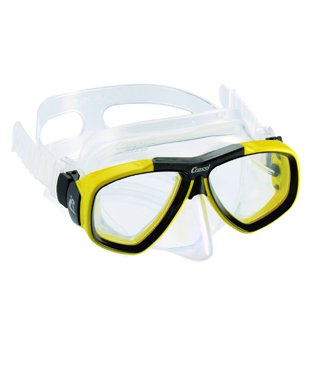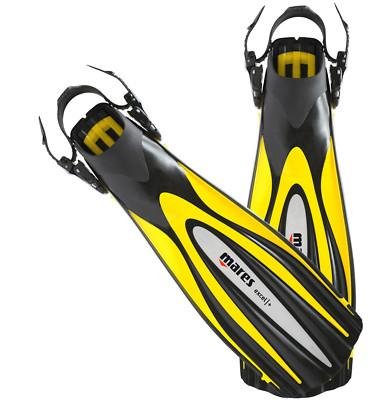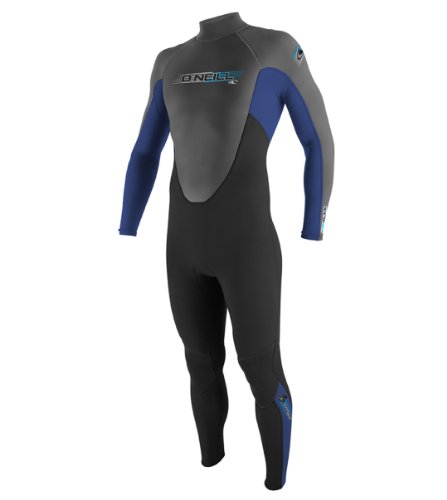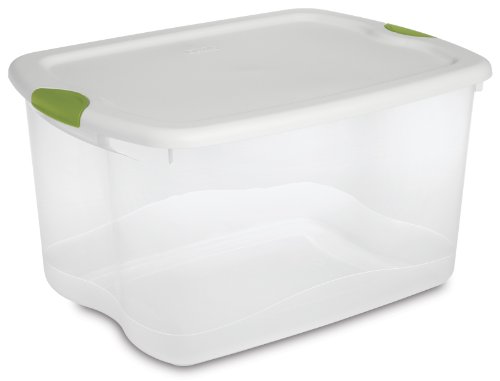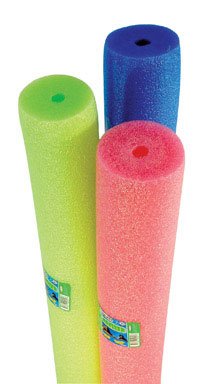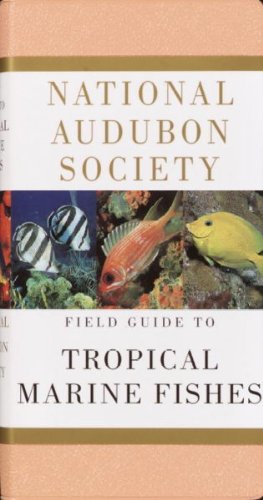"Every dive is an adventure. Guaranteed. SCUBA diving can be practiced by people of almost all ages, shapes and fitness levels. SCUBA diving can be easily practiced in thousands of locations around the world. For some, diving and travel go hand in hand. I dive mostly in South Florida and the Caribbean where the water is warm and calm. You don’t need to buy pricier equipment like a BCD, air tanks and regulator because they are all easily rented.
Scuba diving is not difficult to learn and there aren’t many things to remember; however
the few things you have to remember are essential. Proper training (usually completed in
a weekend) will help you minimize danger and will provide you with the necessary credentials to be able to rent dive equipment and air tanks from reputable vendors all over the world.
PADI and NAUI are the two largest and most recognized certification agencies. Make sure you are trained by a certified PADI or NAUI scuba instructor."
SCUBA has got its own language, gear and culture. It can be a bit daunting when you are starting out, so we asked our colleague and avid diving, Bernardo Arroyo for his picks of 5 things to get a SCUBA beginner.
A good quality dive mask will last for many years if it receives minimal proper care. One size/shape doesn’t fit all. Get a mask that’s appropriate for the size and shape of your face. Most brand name manufacturers offer a wide variety of styles to choose from.
Don’t skimp on the mask. A high quality silicone “skirt” creates a better seal between the mask and your skin. If you wear glasses, make sure you get a two lens mask that will allow you to insert graduated lenses.
Cressi offers a wide variety of masks and all of them are a great value. I have owned my Cressi Focus for almost ten years and I intend to use it for at least ten more.
The most important feature of a snorkel is that it matches your mask! Any Cressi snorkel will come with a purge valve and a splash guard. You will rarely use your snorkel; but it’s an important piece of equipment to have in case of an emergency.
2. Propulsion
A good pair of dive fins will make all the difference in the world when you are swimming against a current. It will also help you save energy and consume less air on all your dives. Mares makes excellent fins that will last for years. You can’t wear dive fins without dive boots. A pair of 3mm boots is the most versatile option but you might need 5mm if you are planning on diving in cold water. I prefer boots that have a spur on the heel because it helps keep the fin strap in place.
3. Wetsuit
A wet suit is not needed when diving in warm water; however, it’s essential when diving in cooler water. The type and thickness of the wetsuit will vary depending on the diving conditions and your own physiology.
Regardless of the type and thickness of the wetsuit you decide to buy, make sure it’s built well, it fits snuggly without constricting you or restricting your movement. Sealed seams are important for thicker suits that will be used in colder water.
A full body 3/2mm (3mm on the core, 2mm on the extremities) wetsuit is a good style and thickness to dive in 70° - 80° water.
Diving is rough on you car. A basic plastic container will protect your car from salt water. It will also make it easier to carry your gear to your dive site or to the dock. Most dive boats will not let you bring a big plastic box on board so a strong mesh bag is also recommended.
Pool noodles are great to keep air tanks from rolling around the trunk of your car.
5. Field Guide
You will want to know what all those creatures you just saw are called. A comprehensive field guide will help you continue to enjoy your dive in the comfort of your home.
Bernardo Arroyo
Bernardo Arroyo
Creative Director/SCUBA Diver
Creative Director who, for the past 17+ years has specialized in talent communications. Even though he was born and raised 10,000' above sea level and a few hundred kms away from the coast, he has always felt love and appreciation for the ocean, which is the main reason he lives in South Florida, at a walking distance from the beach. He discovered SCUBA diving almost 10 years ago on a trip to the Mexican Pacific coast and has logged over 300 dives since.
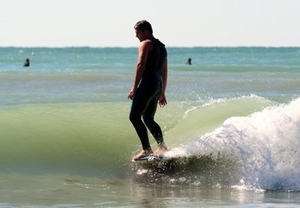
Surfing has such a place in our national imagination, and rightly so, if you ask me. It is addictive and simple. It is relaxing and exciting. It is showy and low-key.
With that in mind, we've asked our surfer-cum-writer friend, Ashton Goggans to pick 5 things to get anyone aspiring to a wet life.
Get 5 things in your Inbox

